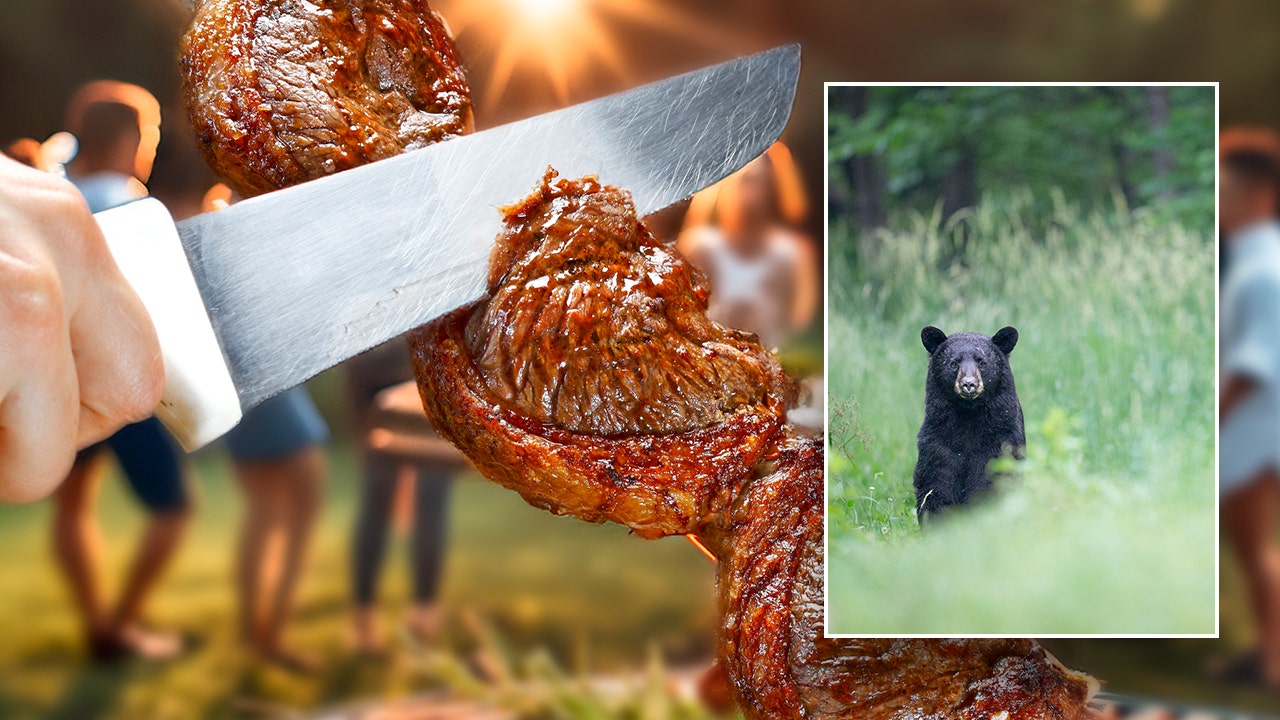The Dangers of Undercooked Bear Meat: A Cautionary Tale from North Carolina
In a startling incident that underscores the risks associated with consuming wild game, a recent report from the Centers for Disease Control and Prevention (CDC) revealed that ten individuals, including a 10-year-old child, fell ill after eating undercooked bear meat at a barbecue in North Carolina. This alarming outbreak serves as a reminder of the potential health hazards linked to improperly prepared wild meats.
The Incident: A Gathering Gone Wrong
In November 2023, the North Carolina Division of Public Health launched an investigation after reports of flu-like symptoms and facial swelling among attendees of a barbecue. Out of the 35 people present, 22 had consumed undercooked bear meat, and ten of them exhibited symptoms consistent with trichinellosis, a parasitic infection caused by consuming undercooked meat infected with Trichinella larvae.
Understanding Trichinellosis
Trichinellosis is a rare but serious parasitic disease that typically arises from eating raw or undercooked meat containing the larvae of the Trichinella roundworm. According to the CDC, there are only about 15 confirmed cases of trichinellosis reported annually in the United States, but the risks are particularly pronounced when it comes to wild game. The Mayo Clinic notes that animals such as bears, cougars, walruses, foxes, wild boars, and domestic pigs can harbor these parasites.
When humans consume infected meat, the larvae grow into adult worms in the small intestine, leading to a range of symptoms. In this case, nine of the ten affected individuals experienced facial swelling, six reported muscle pain, and four had documented fevers.
The Symptoms and Their Implications
The symptoms of trichinellosis can vary widely, but they often include nausea, diarrhea, vomiting, fatigue, fever, and abdominal discomfort. In more severe cases, the larvae can migrate through the bloodstream to various tissues, including the muscles, where they can cause significant pain and inflammation. The CDC’s report highlighted the importance of recognizing these symptoms early, especially in the context of recent consumption of wild game.
The Role of Cooking in Prevention
One of the most critical takeaways from this incident is the importance of proper cooking techniques when preparing wild game. The CDC emphasizes that cooking meat to a safe internal temperature of 165°F (74°C) is essential to kill any potential parasites and prevent infections. This guideline is particularly relevant for hunters and those who enjoy consuming wild game, as the risks associated with undercooked meat can have serious health consequences.
Previous Incidents and Broader Context
This incident in North Carolina is not isolated. Earlier in 2023, six individuals became ill after consuming undercooked bear meat at a family reunion in South Dakota. Such outbreaks highlight a growing concern regarding the consumption of wild game and the need for increased awareness about food safety practices. In 2022, a similar outbreak linked to undercooked bear meat harvested from Canada resulted in six cases, including two individuals who were infected through cross-contamination despite consuming only vegetables.
The Importance of Awareness and Education
As the popularity of hunting and consuming wild game continues to rise, it is crucial for both hunters and consumers to be educated about the potential risks. Awareness campaigns and educational resources can play a vital role in informing the public about safe food handling practices, the risks associated with wild game, and the importance of cooking meat thoroughly.
Conclusion: A Call for Caution
The recent outbreak of trichinellosis linked to undercooked bear meat serves as a stark reminder of the potential dangers associated with consuming wild game. As more people explore the culinary possibilities of hunting and preparing their own meat, it is essential to prioritize food safety and ensure that all game is cooked to the appropriate temperatures. By doing so, we can enjoy the rich flavors of wild game while minimizing the risks to our health.
